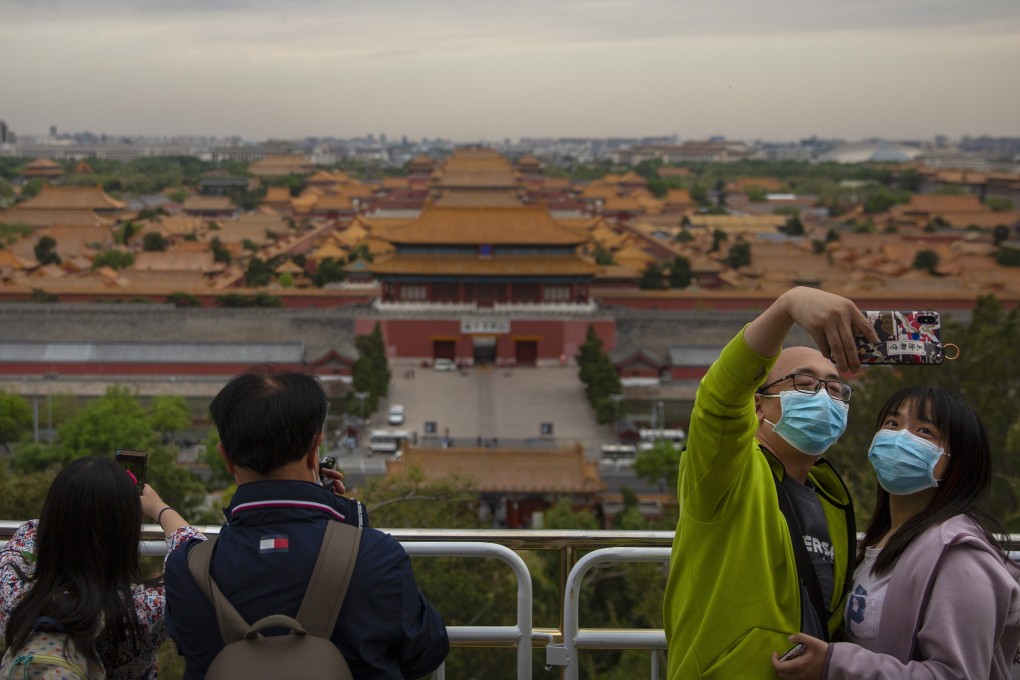Advertisement
Coronavirus: China to keep monetary policy ‘normal as long as possible’ despite economic impact of Covid-19
- People’s Bank of China (PBOC) governor Yi Gang believes ‘the impact of the pandemic is temporary’, meaning the large economic stimulus of the past is unlikely
- The coronavirus pandemic has already plunged the world’s second largest economy into its first contraction since quarterly records began in 1992
Reading Time:4 minutes
Why you can trust SCMP

China’s central bank chief has warned against excessive economic stimulus to offset the unprecedented shocks from the coronavirus pandemic, citing the already high risk accumulated in the country’s financial system.
Instead, People’s Bank of China (PBOC) governor Yi Gang said “the normal monetary policy should be kept as long as possible”.
The coronavirus pandemic has already plunged the world’s second largest economy into its first contraction since quarterly records began in 1992, and the market is divided on how to shore up the economy, although there is caution over re-enacting the 4 trillion yuan (US$572 billion) stimulus package used a decade ago amid the global financial crisis.
Advertisement
“The impact of the pandemic is temporary. China’s economy has strong resilience and great potential, while the fundamentals for high-quality development won’t change,” Yi wrote in an article published in the academic publication, Economic Research, on Sunday.
If the economic stimulus is too big, it could bring the risk of inflation and a fast increase in the leverage ratio
China’s central bank has already loosened its monetary and credit stance to help combat the virus, including 1.8 trillion yuan (US$254 billion) to help virus-hit small businesses, trillions of yuan of liquidity injected to safeguard the financial markets, 7.1 trillion yuan of commercial bank loans in the first quarter, as well as multiple rate cuts to lower the cost of the real economy.
Advertisement
Advertisement
Select Voice
Select Speed
1.00x